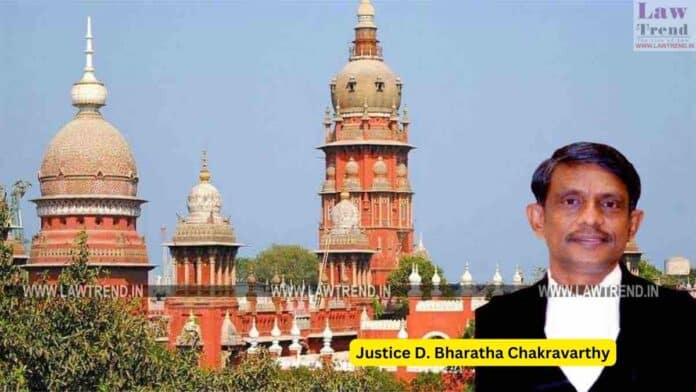The Madras High Court has quashed the dismissal order of T.S. Jawahar Ali Khan, a government employee, emphasizing the importance of procedural fairness and natural justice in disciplinary proceedings. The ruling, delivered by Hon’ble Mr. Justice D. Bharatha Chakravarthy in the case of T.S. Jawahar Ali Khan vs. State of Tamil Nadu & Ors., W.P.
To Read More Please Subscribe to VIP Membership for Unlimited Access to All the Articles, Download Available Copies of Judgments/Order, Acess to Central/State Bare Acts, Advertisement Free Content, Access to More than 4000 Legal Drafts( Readymade Editable Formats of Suits, Petitions, Writs, Legal Notices, Divorce Petitions, 138 Notices, Bail Applications etc.) in Hindi and English.




